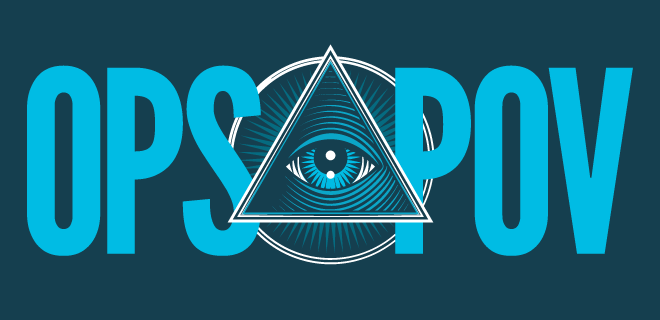
Originally published in The Wrapper newsletter. Wait—do you not receive that? We must rectify this situation!
We haven’t seen major brand advertisers ditch social media advertising like this since MySpace 2009. An ever-growing crowd of well-known brands is pausing their ad spend on Facebook—and other social media platforms—to protest lax moderation of hateful content keeps growing longer.
Unilever seemed to bust open the floodgates on Friday, June 26, as the highest-profile (and biggest-spending) brand to ditch Facebook and Twitter for at least the remainder of 2020. Other big names giving Facebook the cold shoulder include Coca-Cola, Ford, The North Face, and Ben & Jerry’s. Most of these actions are tied to the #StopHateForProfit movement, which asks brands to pause their spend on Facebook for the month of July to protest the platform’s lax content moderation against hate speech.
Facebook CEO Mark Zuckerberg seems a bit rattled by the mobilization, but his initial overtures seem pretty thin considering the breadth of the demands from #StopHateForProfit.
Why It Matters
Or maybe that should be “Why It Won’t Matter”? Our cynical minds immediately leap back to the great YouTube brand advertising boycott over hate content a few years back, which seemed an ultra-cynical attempt to gain leverage in pricing negotiations.
After all that hand-wringing, most advertisers came back to YouTube, though some haven’t returned their spend to previous levels. (We have to note that YouTube took this current moment to ditch several major white-supremacist thought leaders, including David Duke, for “repeatedly violating its policies.” ) Once the public’s interest goes elsewhere, watch brands quietly ramp their spend back up as we enter the fourth quarter.
Dr. Augustine Fou ponders how many brands are jumping on #StopHateForProfit for some good PR in a tough moment, and Ana Milicevic from Sparrow Advisors notes that many of the brands spends are puny compared to the seven-figure monthly budgets of DTC advertisers.
Still, it’s a powerful message when hefty spenders like Unilever and household names like Coca-Cola and Ford consider your platform too toxic for ad spend. (XTREME BRAND SAFETY?!?) That’s the kind of thing that makes other advertisers wonder whether your platform is worth it… Potentially sending them to seek similar reach on premium publishers a la programmatic?
Well, that would be the hope of premium publishers, who are likely wondering if that paused spend is going to be recirculated to sites that take great pride in their content moderation. Alas, considering we’re in a (reignited?) pandemic where businesses are cutting back in fear of coming economic devastation and consumer spending could nosedive without further economic stimulus… We’re going to lean toward no. That’s another reason to be cynical about brand interest in #StopHateForProfit—how much of that pulled spend was likely getting canceled anyway?
There’s another overarching problem here, one that we’ve written about many times. Sure it makes headlines when major brands like Unilever and Coca-Cola cancel their social media spend, but the bread and butter for these platforms are millions of smaller advertisers. Facebook, Google, and YouTube in particular offer the easiest paths for smaller advertisers to reach vast audience pools while also enabling the targeting to make limited spend worthwhile.
Truth be told, these advertisers’ other options aren’t great—most publishers need a serious cash guarantee to make a direct sale worthwhile, and the same is true for many programmatic buying platforms. The uptick in publishers integrating self-serve and programmatic guaranteed platforms is heartening, but that’s missing the element of scale. A publisher may have a great audience, but let’s be honest—a lone publisher’s base looks puny next to what the major social media platforms are offering.
What’s needed is self-serve platforms for smaller spends that can reach a host of publishers and their audiences. And it seems the publisher alliances required to bring these to life are getting there—notably Vox Media’s Concert and Washington Post’s Zeus.
We don’t know if it’s worth going into whether Facebook and their social media brethren will acquiesce to #StopHateForProfit’s demands—we predict Facebook will perform some kind of grand-yet-only-symbolic gesture and take some half-measures that will ultimately prove toothless, and we’ll have another advertiser boycott in a year or so.
As long as there are no other great options for those smaller advertisers, social media platforms can weather the boycotts (and avoid the costs associated with large-scale content moderation). So publishers, if you want to do your part in #StopHateForProfit, join alliances or bring in tools to offer smaller advertisers the alternative marketing avenues they deserve.